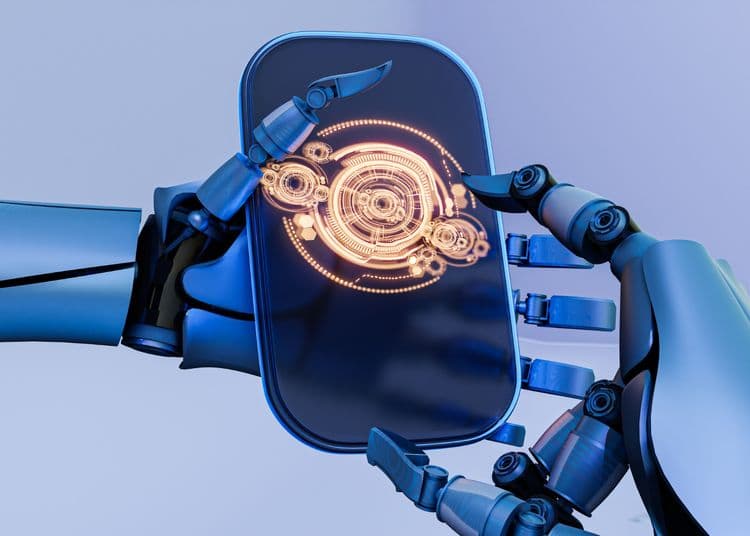The rapid advancement of technology, particularly in the fields of robotics and artificial intelligence (AI), has sparked a heated debate about the future of work. Some experts believe that automation will displace millions of workers, leading to widespread unemployment and social unrest. Others argue that AI will create new jobs and opportunities that we can't even imagine yet.
In this article, we will explore the potential impact of automation and AI on the job market, and discuss the skills that workers will need to succeed in the future. We will also look at the role that governments can play in helping workers adapt to the changing nature of work.
The Impact of Automation on Jobs
There is no doubt that automation is already having a significant impact on the job market. In recent years, we have seen machines take over tasks that were once performed by humans in a wide range of industries, from manufacturing to retail. This trend is likely to continue in the future, as AI becomes more sophisticated and affordable.
A study by McKinsey Global Institute found that up to 800 million jobs could be lost to automation by 2030. However, the study also found that up to 375 million new jobs could be created in the same period.
The Rise of the Gig Economy
One of the most visible signs of the changing nature of work is the rise of the gig economy. This is where people work on a freelance or contract basis, rather than for a traditional employer. The gig economy is growing rapidly, fueled by the growth of online platforms like Uber and Airbnb.
The gig economy offers a number of advantages for workers, such as flexibility and independence. However, it also comes with a number of challenges, such as lack of job security and benefits.
The Skills We Will Need in the Future
It is clear that the future of work will be very different from the past. The jobs of the future will require different skills than the jobs of today. In order to thrive in the new economy, workers will need to be adaptable, creative, and able to solve problems.
Some of the most important skills for the future include:
- Critical thinking and problem-solving: Workers will need to be able to analyze information, identify problems, and come up with creative solutions.
- Communication and collaboration: Workers will need to be able to communicate effectively with others, both verbally and in writing. They will also need to be able to work collaboratively in teams.
- Digital literacy: Workers will need to be able to use computers and other digital technologies effectively. They will also need to be able to understand and evaluate online information.
- Creativity and innovation: Workers will need to be able to come up with new ideas and solve problems in creative ways.
- Adaptability and lifelong learning: Workers will need to be able to adapt to change and learn new skills throughout their careers.
The Role of Government
Governments will play a critical role in helping workers adapt to the changing nature of work. They can do this by:
- Investing in education and training: Governments can invest in education and training programs that teach workers the skills they need for the future.
- Providing support for workers who are displaced by automation: Governments can provide financial assistance and other support to workers who lose their jobs to automation.
- Creating policies that promote the gig economy: Governments can create policies that make it easier for people to work in the gig economy, such as providing access to affordable healthcare and retirement savings.
Conclusion
The future of work is uncertain, but there is no doubt that it will be different from the past. Automation and AI will continue to have a major impact on the job market, and workers will need to be adaptable and willing to learn new skills in order to thrive. Governments will also play a critical role in helping workers adapt to the changing nature of work.
It is important to remember that technology is a tool, and it can be used for good or for evil. The future of work will depend on how we choose to use technology. If we use it wisely, it has the potential to create a more prosperous and equitable society for everyone. However, if we use it unwisely, it could lead to widespread unemployment and social unrest.
The future of work is up to us. We need to start thinking now about how we can prepare for the changes that are coming. By working together, we can create a future where everyone has the opportunity to succeed.

